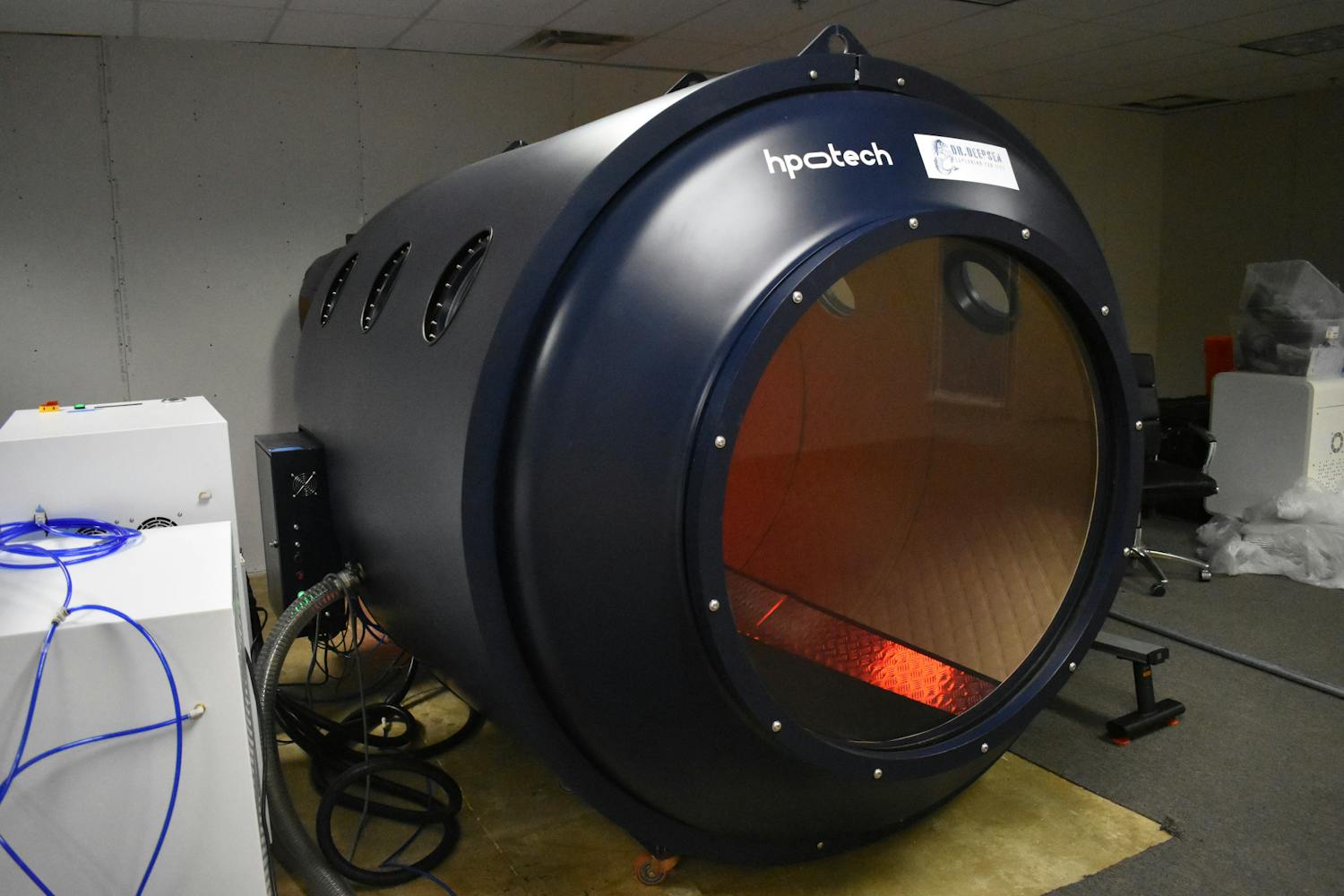Stephen Hawking, the prominent theoretical physicist and author, has dropped a bombshell by providing humanity with a thousand-year clock ticking ever closer to what he says will be oblivion.
According to the Daily Express, Hawking said in a speech he gave at Oxford University, "I don’t think we will survive another 1,000 years without escaping beyond our fragile planet."
In the event that Hawking is right, ASU's research community has already begun to consider what happens next.
Assistant professor Evgenya Shkolnik of ASU's School of Earth and Space Exploration said Hawking has a good hold on the matter but cautioned against blowing the issue out of proportion.
"He's probably correct in that we have to think about getting humans off the planet, not just because of natural desire for exploration, but also for practical purposes — for the continuation of the species."
However, Shkolnik notes that, in the flurry of excitement surrounding Hawking's claim, there is a need for balance and caution.
"People do need to consider ways of traveling and exploring, first to the moon and then to Mars, and then we are now also talking about the exploration of these nearby exoplanets, namely Proxima-B," Shkolnik said.
Proxima Centauri B is the closest known exoplanet. Close is a relative term, as the planet actually resides somewhere around 25 trillion miles from Earth. While it's unlikely to be habitable, the planet offers scientists a chance to try out a probe on a body outside of the solar system, a crucial step in moving humans off of Earth.
ASU professor Lawrence Krauss is hosting a lecture series event Dec. 8 where the discoverer of Proxima B, Guillem Anglada-Escudé, will make an appearance.
Shkolnik herself will also speak alongside assistant research professor Laura Schaefer, who specializes in planetary atmospheric formation.
"If you don't have water on the surface, if it's all trapped in rock deep in the mantle, then you can't really have a habitable environment," Schaefer said.
Unfortunately, it's incredibly difficult for scientists to get an accurate reading on a vast majority of planets.
"The problem with exoplanets is that we cannot observe the planet directly," Schaefer said. "What we're actually looking at is the star, and we look at the influence of the planet on the star. So the way that we measure atmospheres for planets around other stars is through transit spectroscopy."
Researchers have to wait until the stars are literally aligned to use this method, as the exoplanet needs to be directly between Earth and its sun so that the telescope can observe the faint ring of an atmosphere around its surface. It will be a long time before a suitable atmosphere is identified using this process.
Some say they feel putting such great focus on how to leave Earth has the effect of absolving humankind of a responsibility to take care of its own home.
"I think that the problem with looking toward the stars is that it sort of detracts from the efforts to really preserve the Earth," ASU biology and society sophomore Jack Oberhaus said.
Shkolnik shared a similar sentiment.
"My hope is that humans will have figured out by then how to deflect an incoming asteroid, or how to solve our environmental issues so that we do not actually destroy our home planet," Shkolnik said.
Reach the reporter at sdeadric@asu.edu or follow @deadrick_sam on Twitter.
Like The State Press on Facebook and follow @statepress on Twitter.




